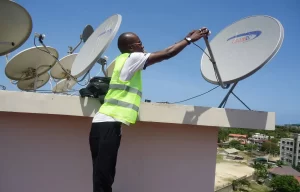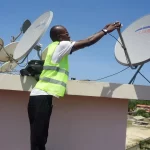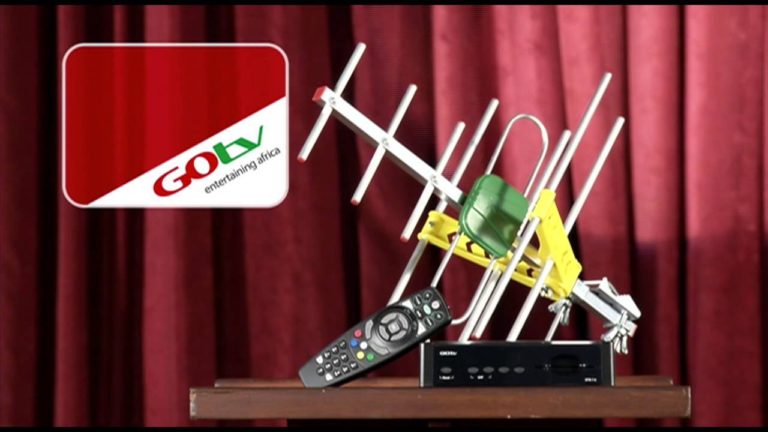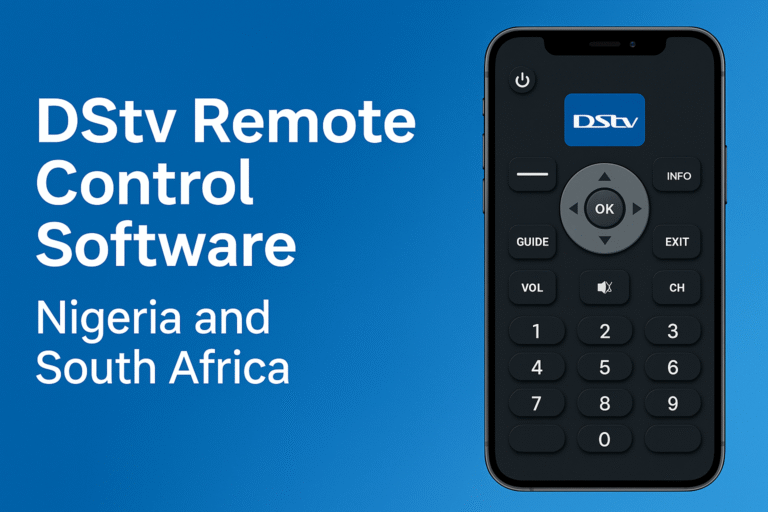Is Africa really faring better with the migration to digital TV transmission switchover? What has been the level of penetration of the digital platforms as replacement to the analog terrestrial TV receiver systems? Will Africa do a lot better in terms of population integration, if they would resort to using both analog terrestrial with digital transmission and reception systems? Why do present-day smart TV systems still posses functions for both analog terrestrial and digital TV systems? I am going to carefully analyze the impact of total abandonment of our age-long analog TV systems to embrace digital cable and satellite TV – the pay-TV systems.
Africa did not have a single switch-over date for digital TV; instead, it was a gradual process, with many countries missing the 2015 deadline set by the International Telecommunication Union (ITU) due to funding and technical challenges. However, a greater challenge that proved dificult to deal with was the reorientation of the people to abandon their analog terrestrial TV and TV Stations, which provided thorough coverage and deep penetration and affordability for all to engage with.
BENEFITS OF ANALOG TERRESTRIAL TV TRANSMISSION % RECEPTION
The people of Africa had a deep sense of ownership and engaged heavily with operators of analog terrestrial TV stations. It was very affordable to advertise local businesses, and high success rate i reaching immediate local target audiences. As a result, many local businesses thrived, TV presenters became celebrities easily because their immediate environs would see their faces first-hand.
Analog Terrestrial TV systems also brought the Government closer to its people. The local populace became the first consumers of all programs and policies of their Governments, while the Government found it easy to engage with the people through local channel Television broadcasts and interviews.
Comparing the analog terrestrial with the digital TV transmission and reception systems only saw the migration to smarter TV signal transmission and operations. It failed to give the local people more value for their money, contrary to the times even a Micro business owner could afford to advertise on a regular local TV channel and grow.
For the larger TV stations that operated back then, it provided more jobs and places of broadcasting technology experience and internships for young minds and students. Furthermore, it was quite cheaper to run as a business and that was why many of them sprang up – even at my backyard.
Surprisingly, receiver antennas for local analog terrestrial TV signals were very affordable, with many talented hands crafting out the technologies that worked. We used copper, Aluminum spikes, fluorescent tubes, radio speaker systems etc to manufacture local antennas that received near-perfect signals of analog terrestrial TV channels.
WHAT DIGITAL CABLE & SATELLITE TV brought
Although there was increase in number of channels – both SD and HD, they are very far from the people to access and advertise on. They are also very expensive to obtain channel slots for local TV stations to feature in. Consequently, advertising on those local TV stations who feature in intercontinental pay-TV channel grids also become very expensive and out of the reach of the larger Africa populace.

Some of the present-day popular digital TV brands include DStv, GOtv, SLTv, Startimes Satellite, etc. The local channels we still see around us must subscribe to these big brands to remain visible and afloat, but at a very high cost.
Most local businesses, who easily patronized the local analog terrestrial TV Stations could not sustain such patronage due to very high cost of adverts rates. As a result, everyone losses out.
WHAT WE MUST DO TO USE ANALOG TERRESTRIAL WITH DIGITAL SYSTEMS
Yes, it is very advisable to co-utilize both local analog terrestrial resources with digital transmission and reception systems for utmost benefits. If you noticed, the latest TV systems in town today still features ports for ANT-IN (local terrestrial antenna inputs), even when it also features other most sophisticated ports for advanced digital signal receptions and sharing.
So why must they deceive us to discard what truly benefitted us, gave us what does not capture our local content and broke our budgets, while they still continue to consume their local terrestrial systems? Africa must think twice now.






